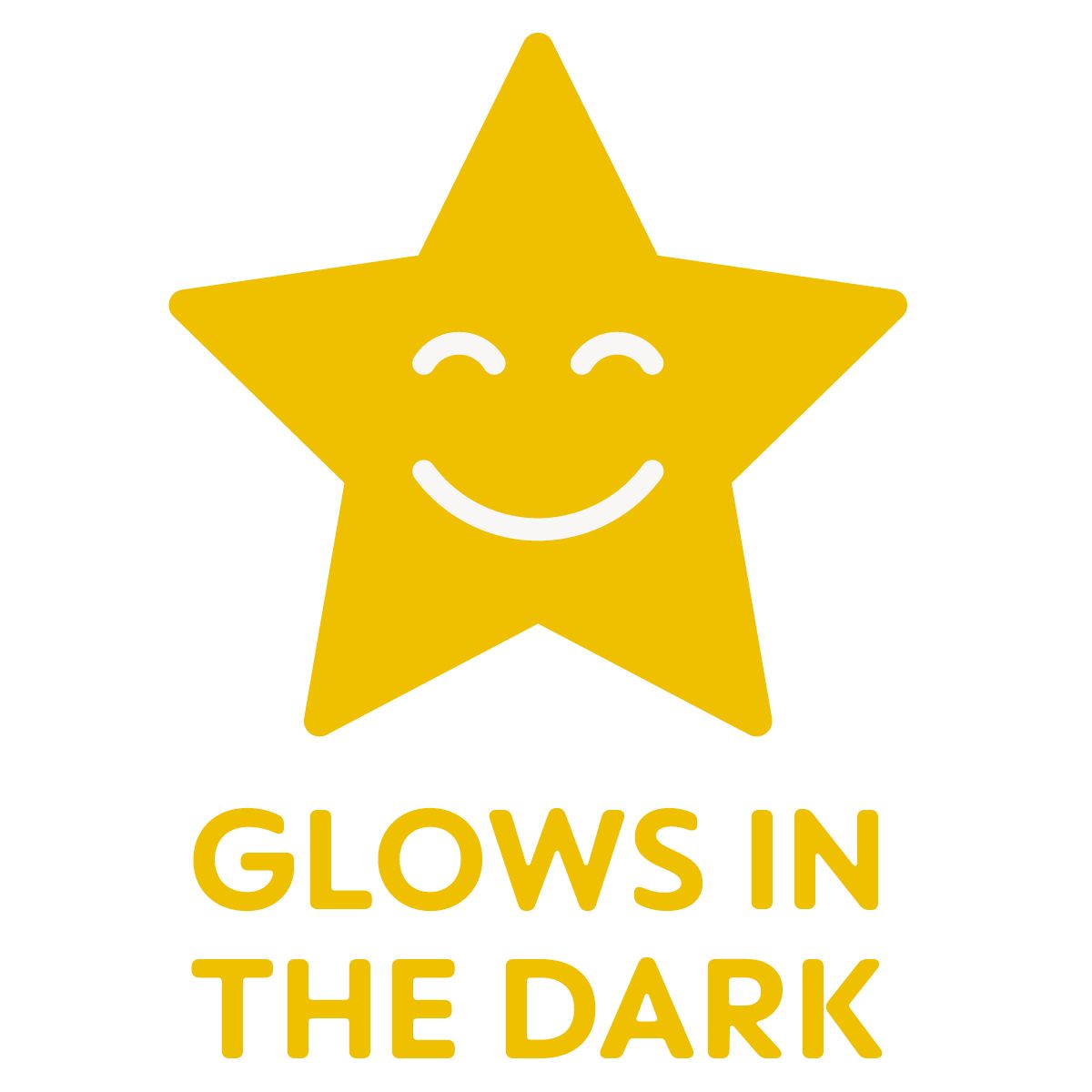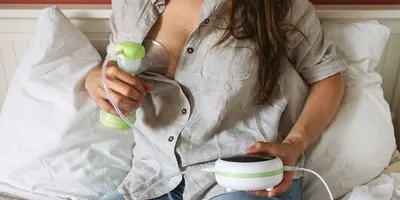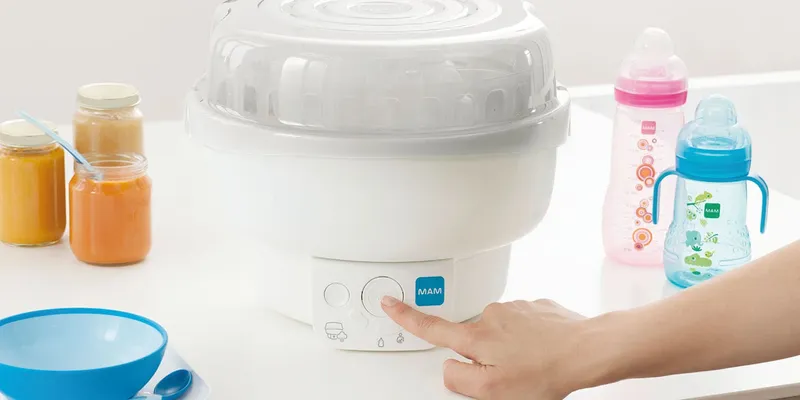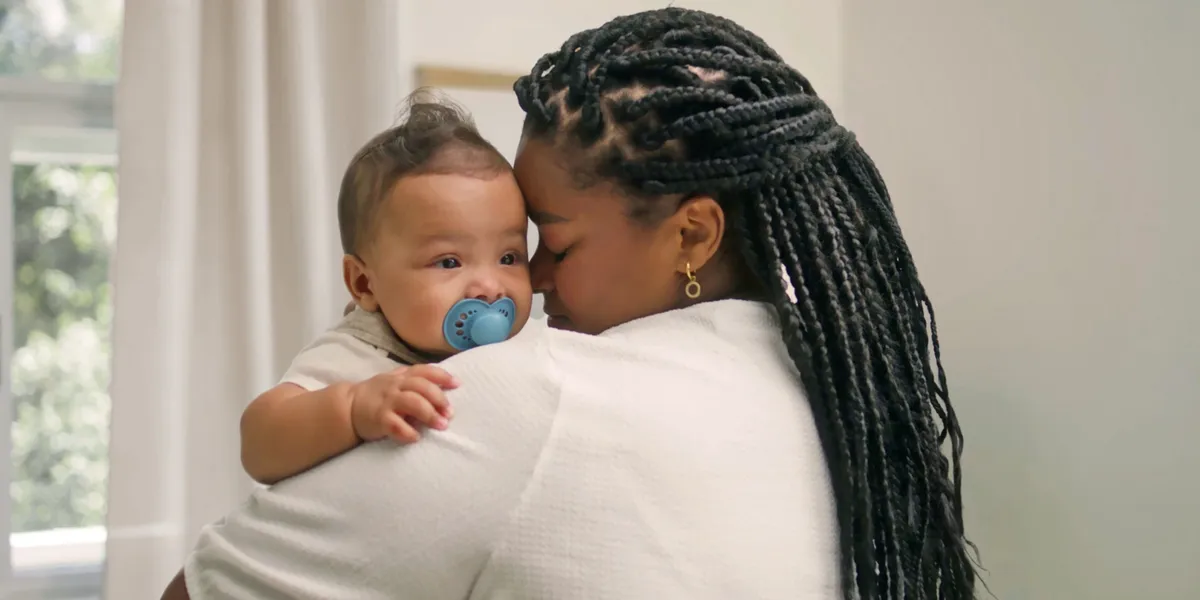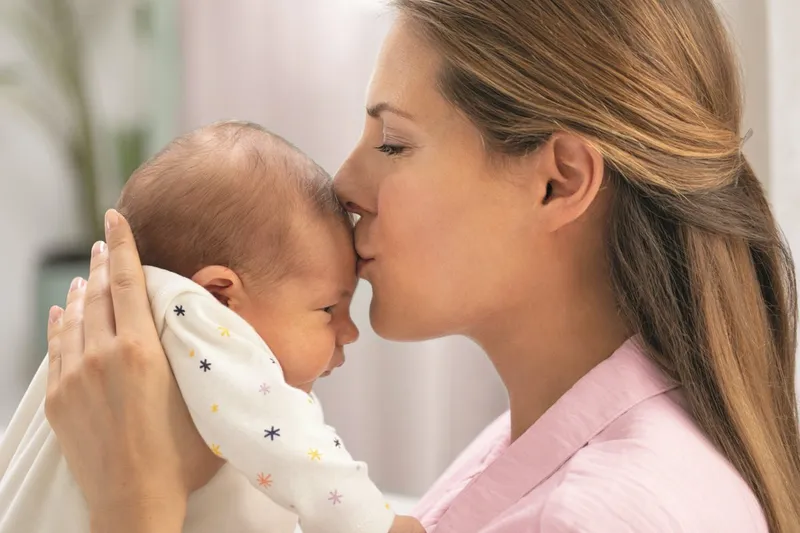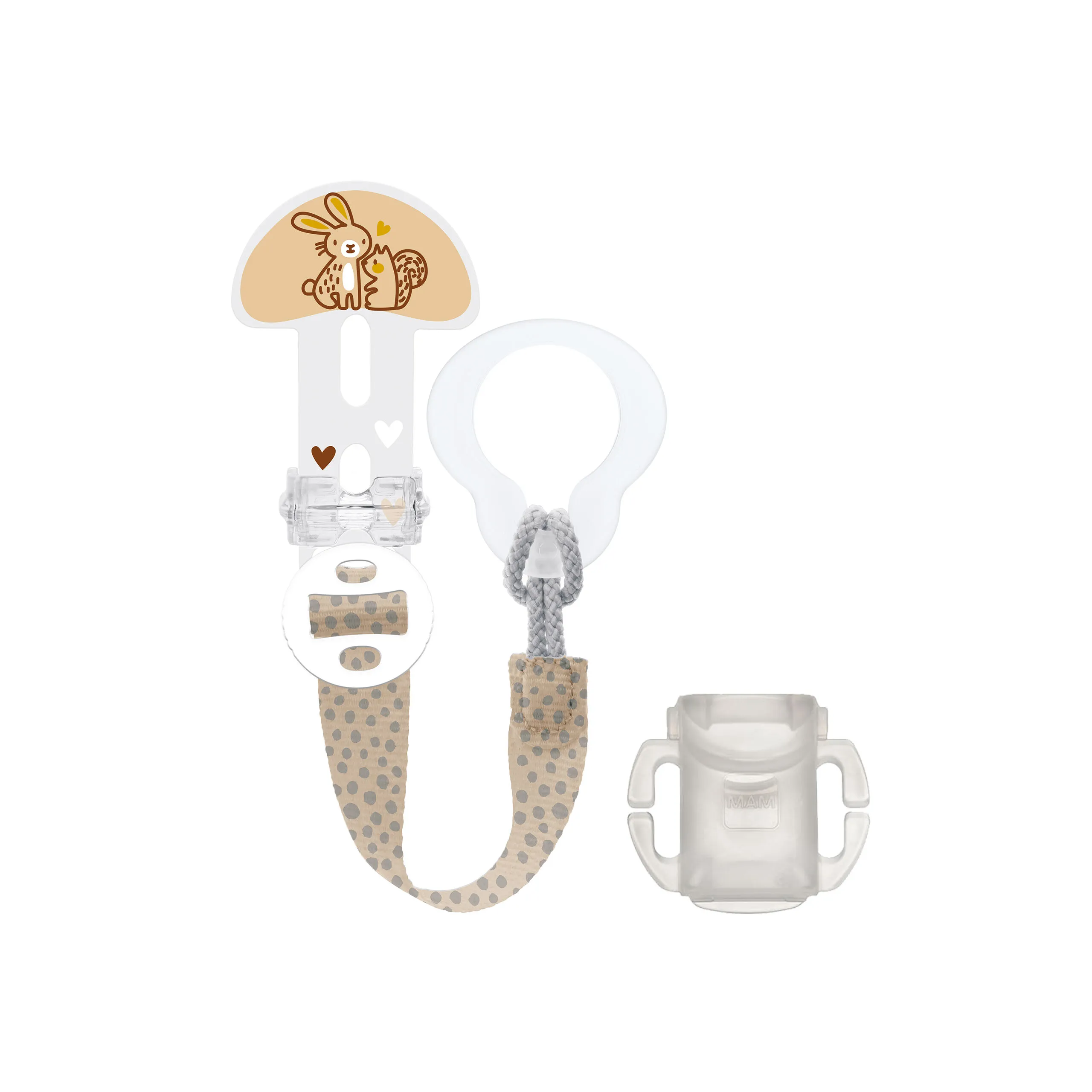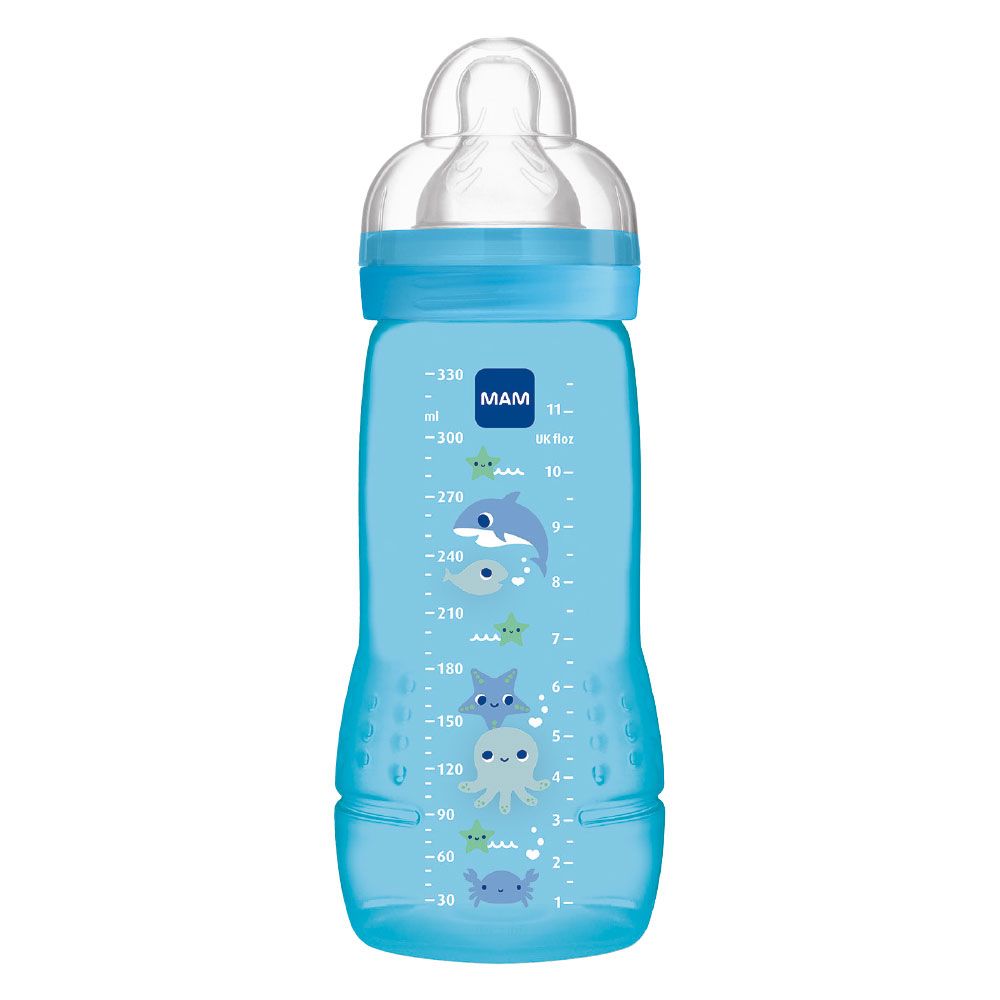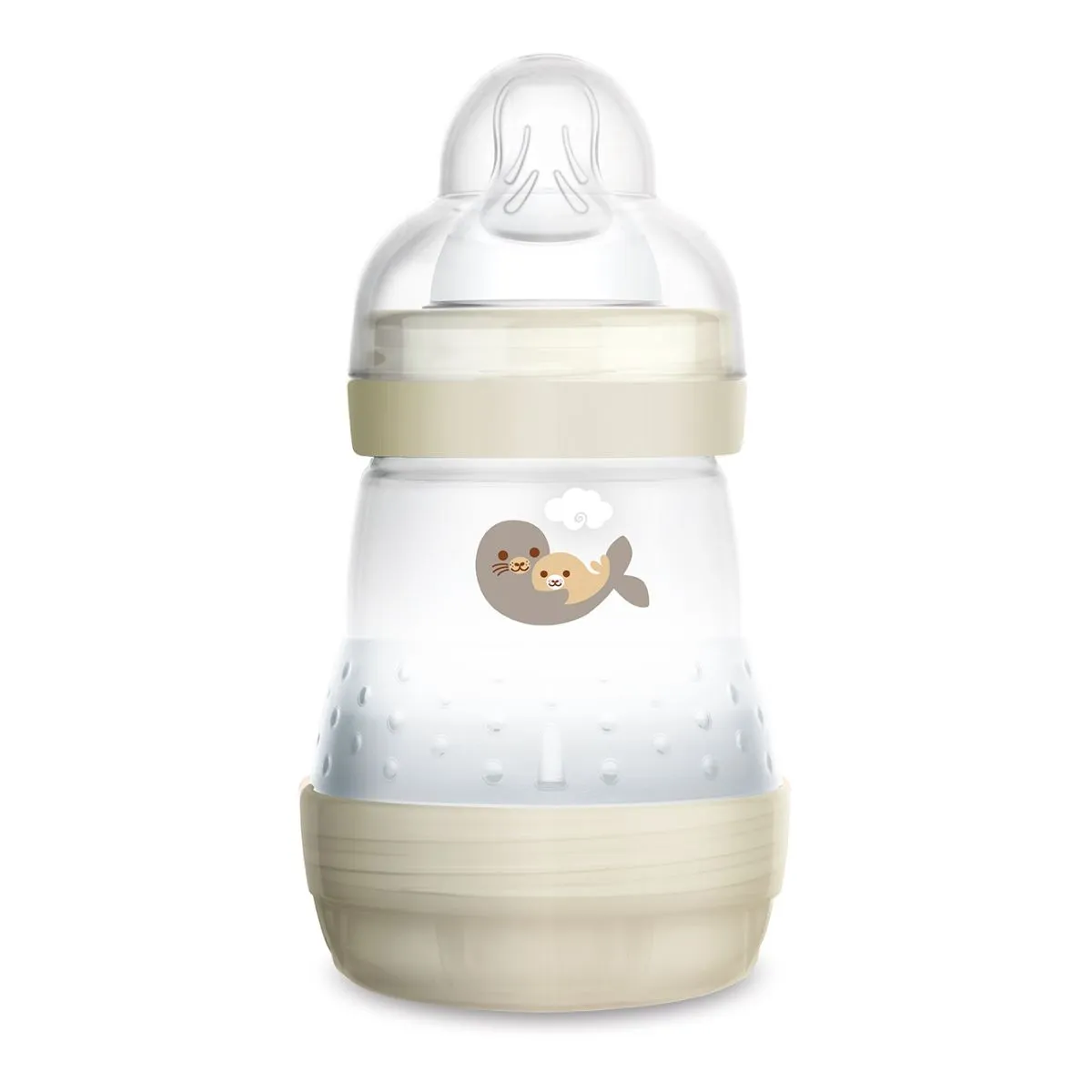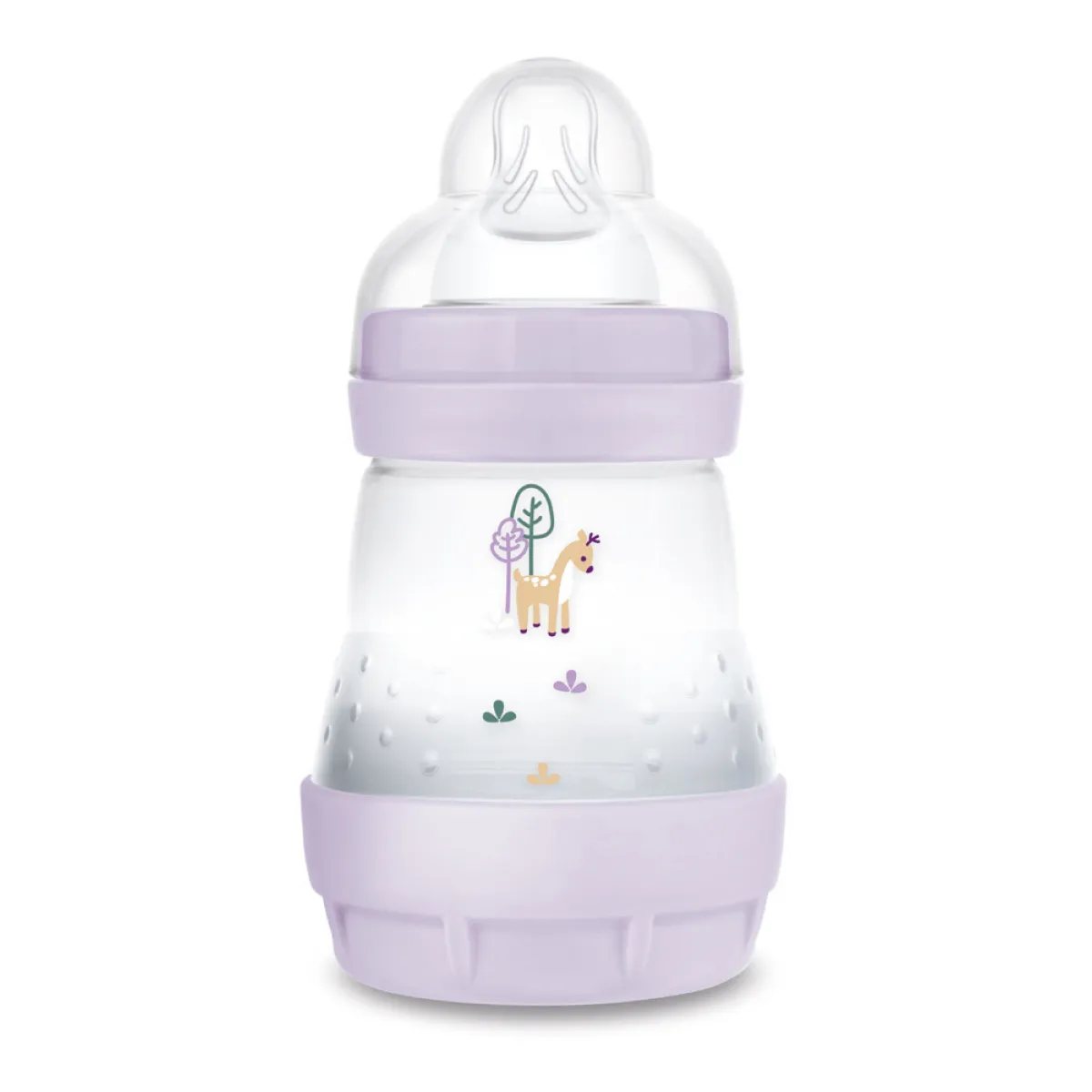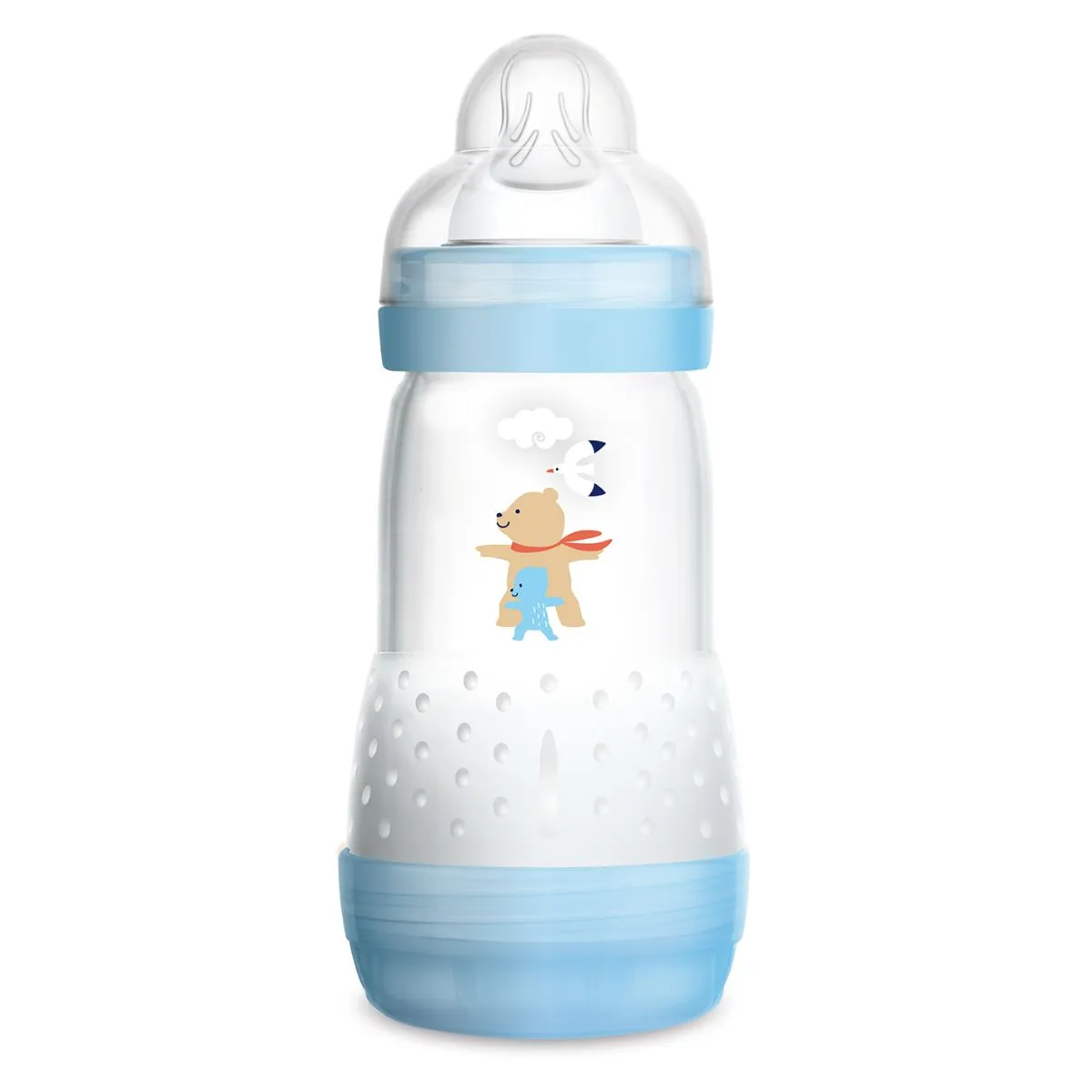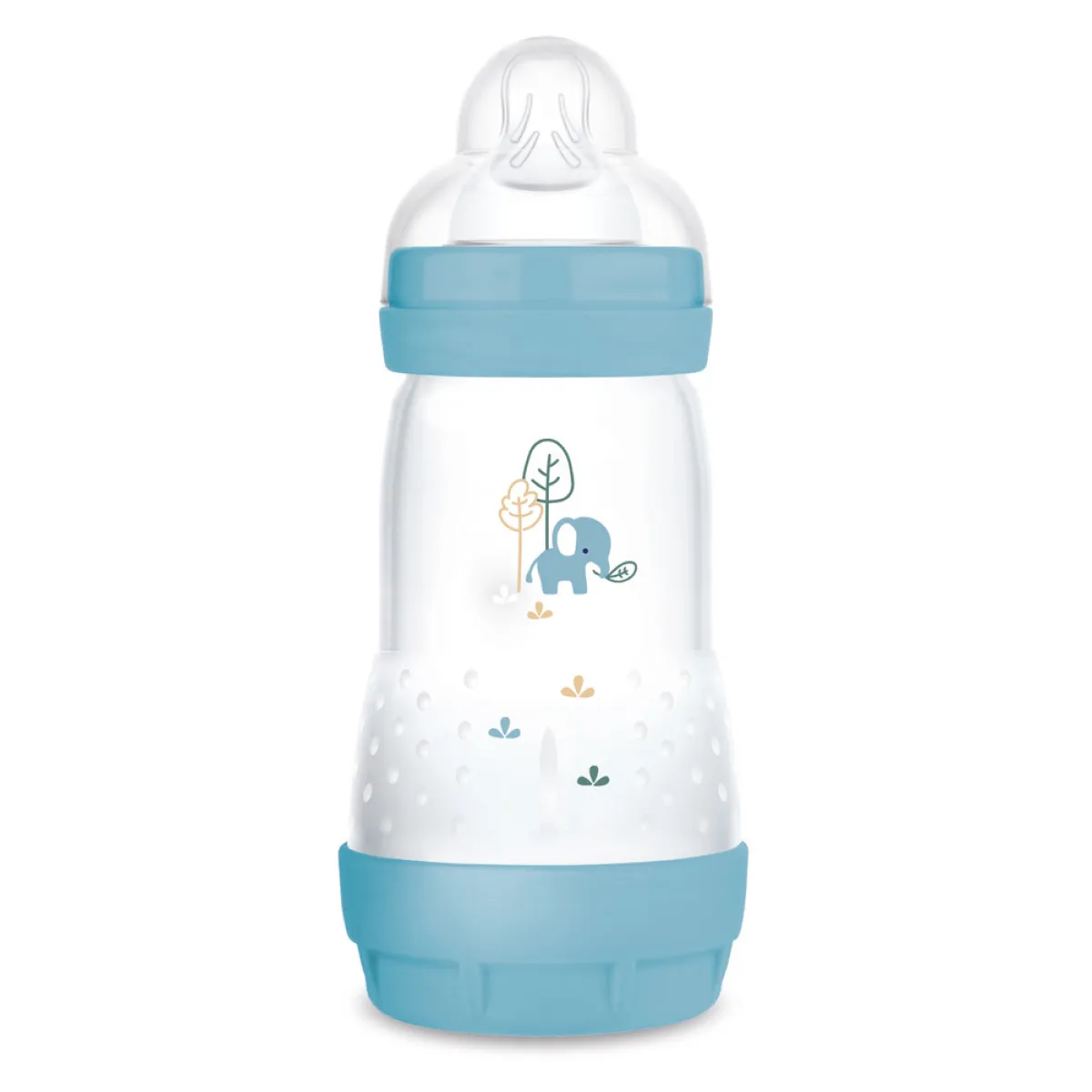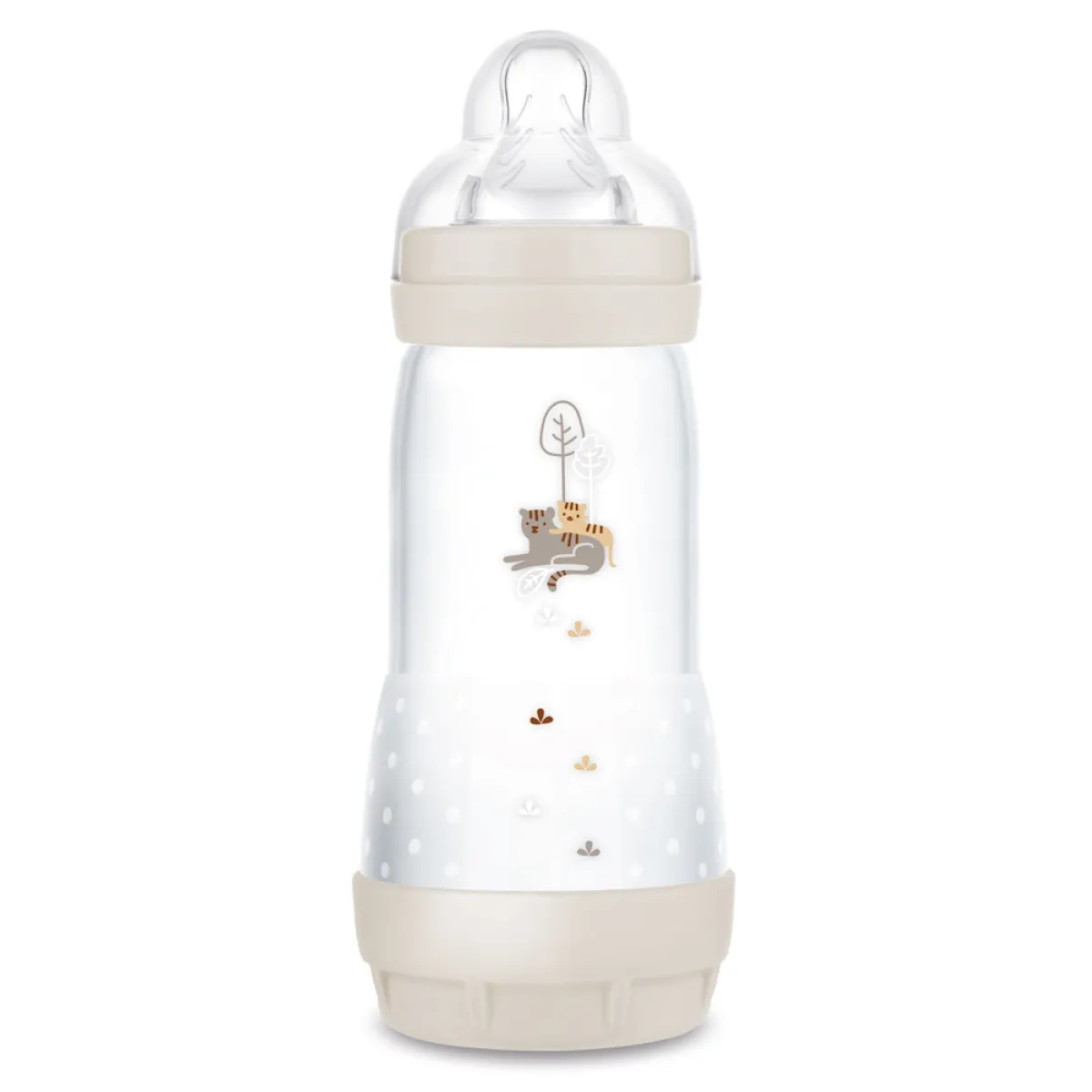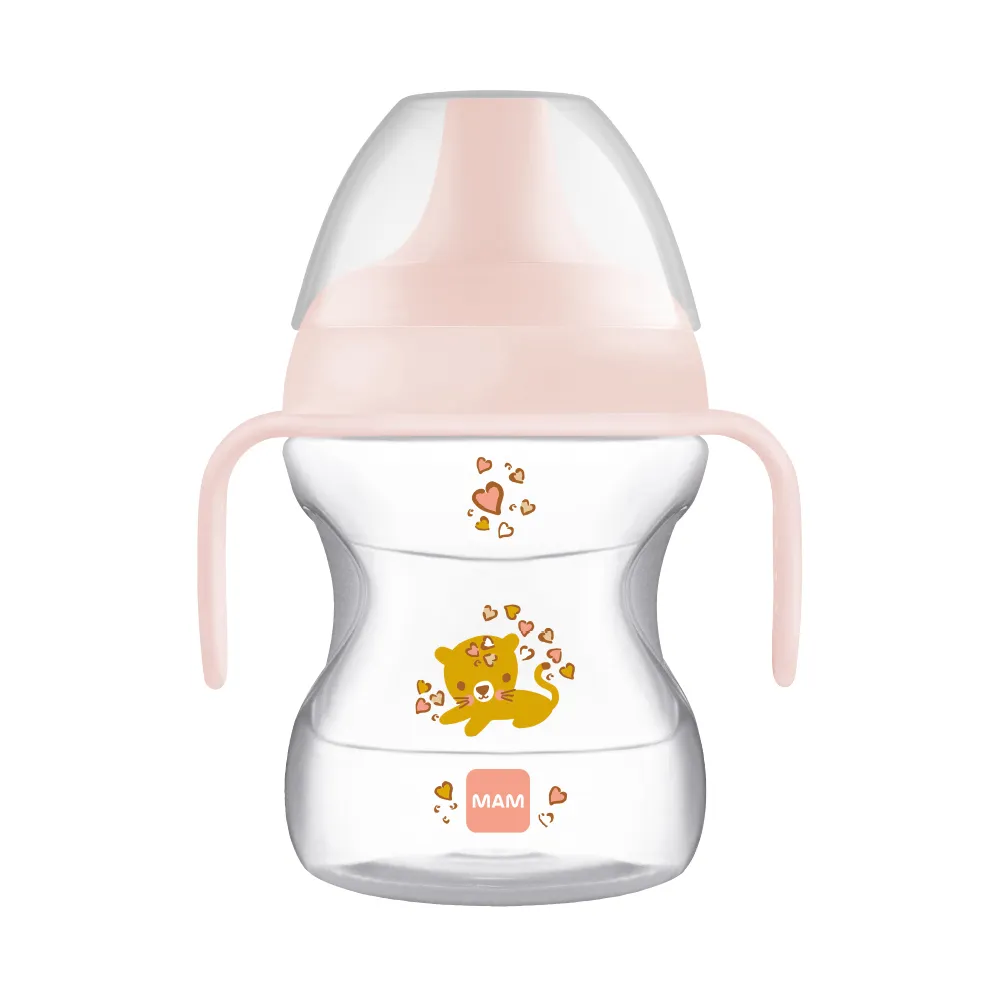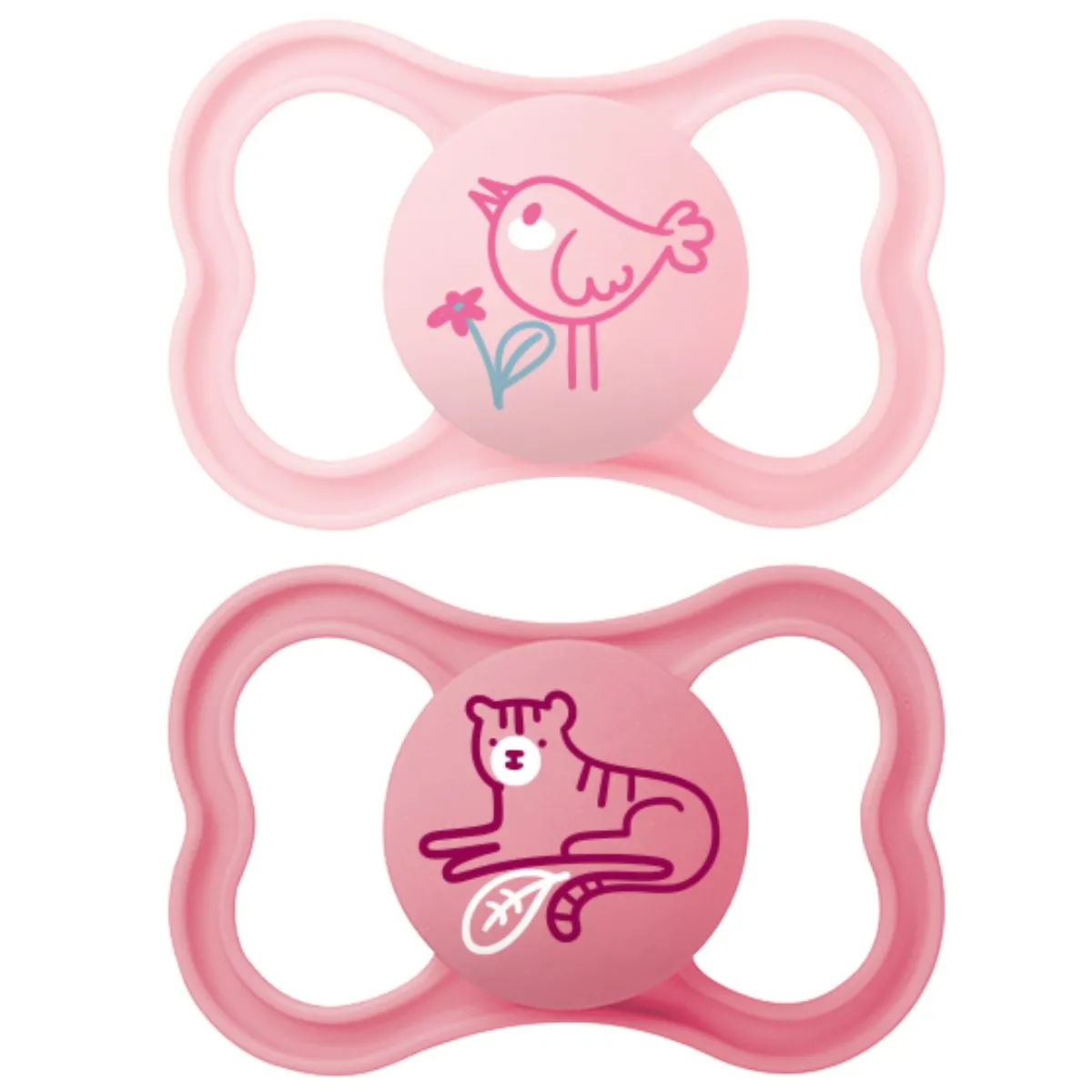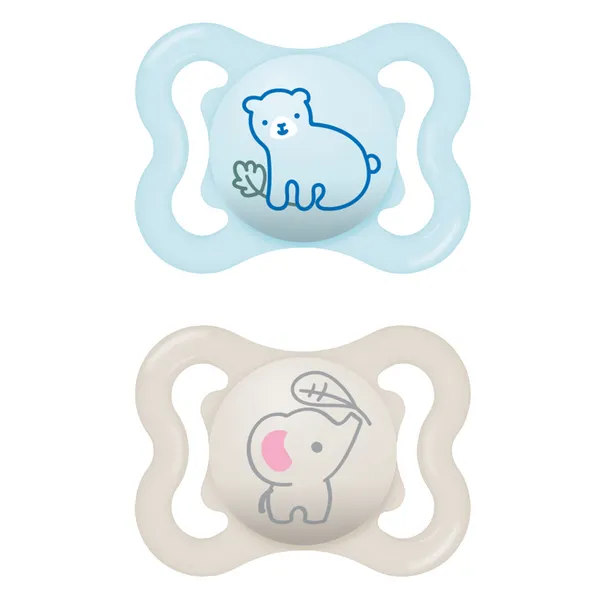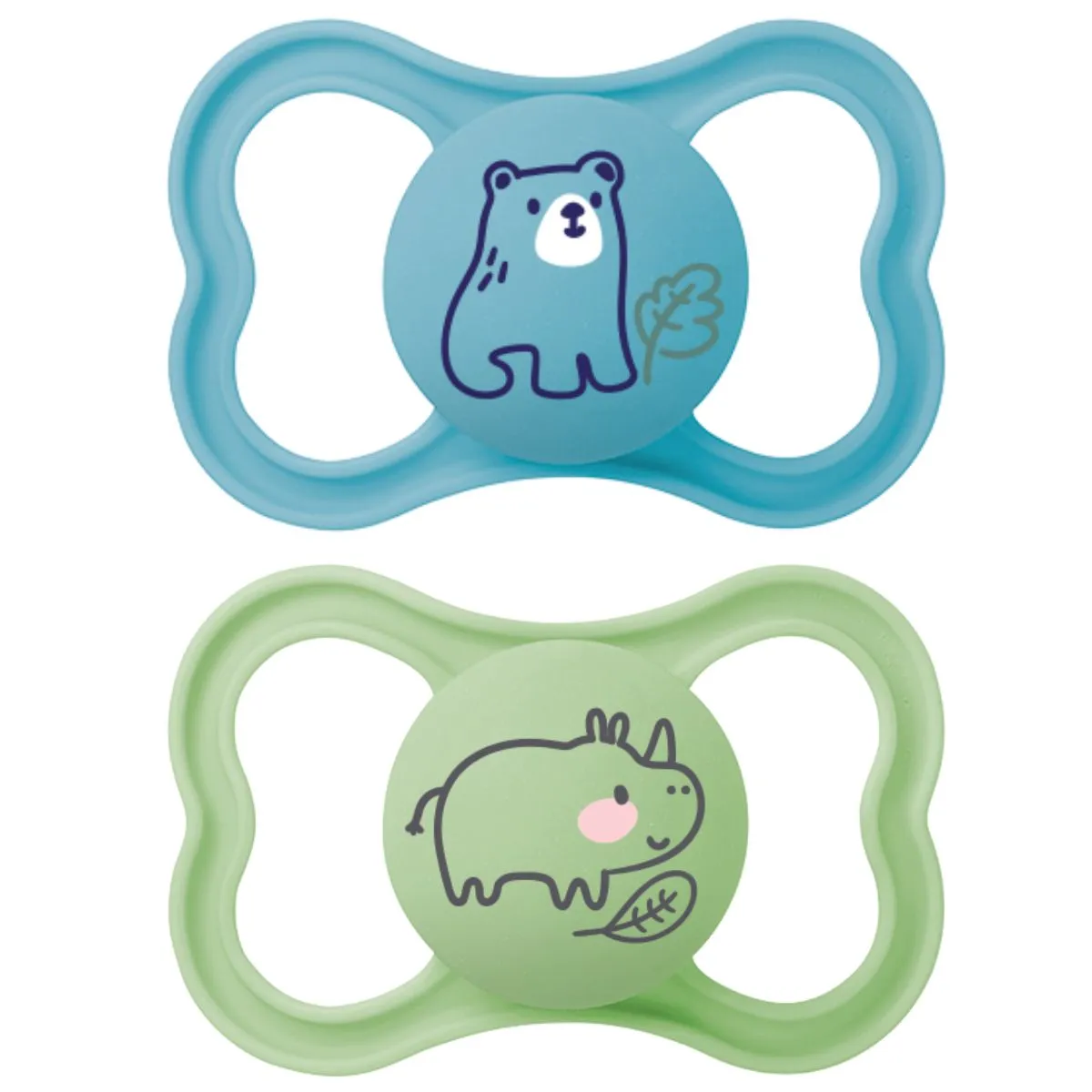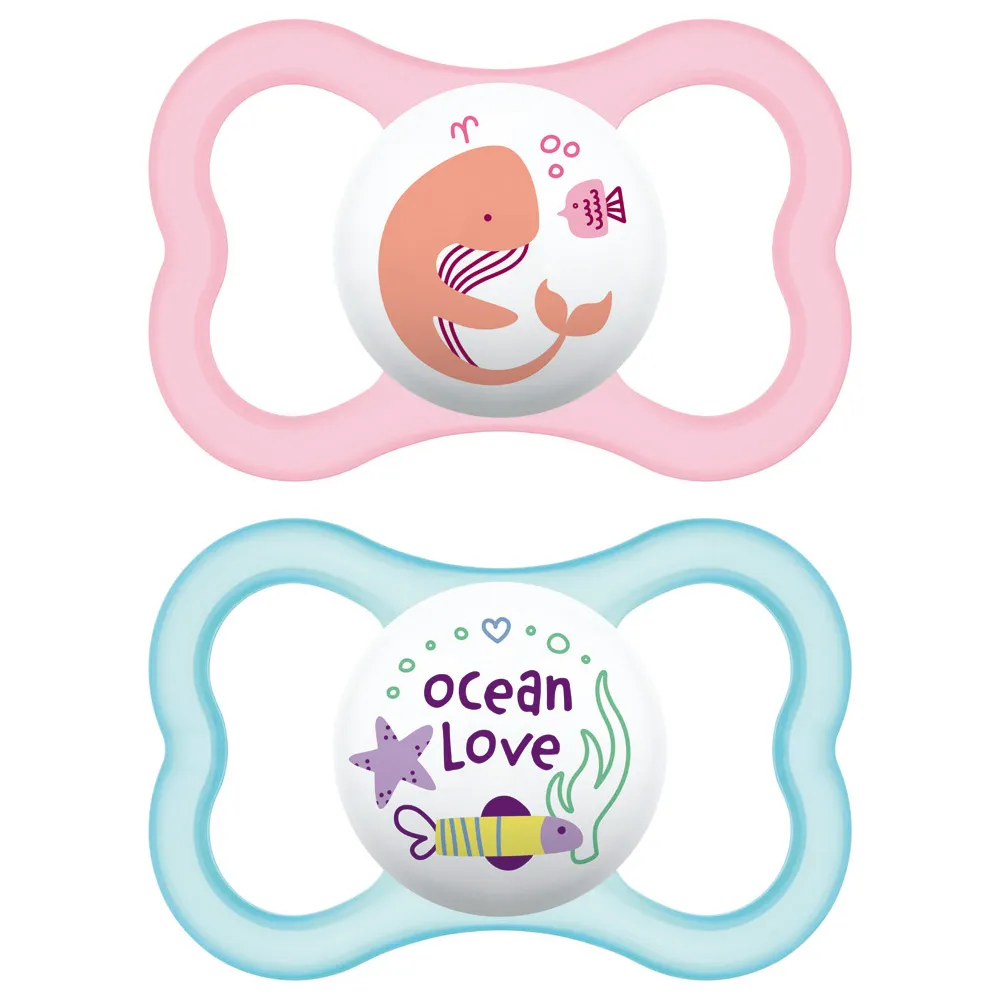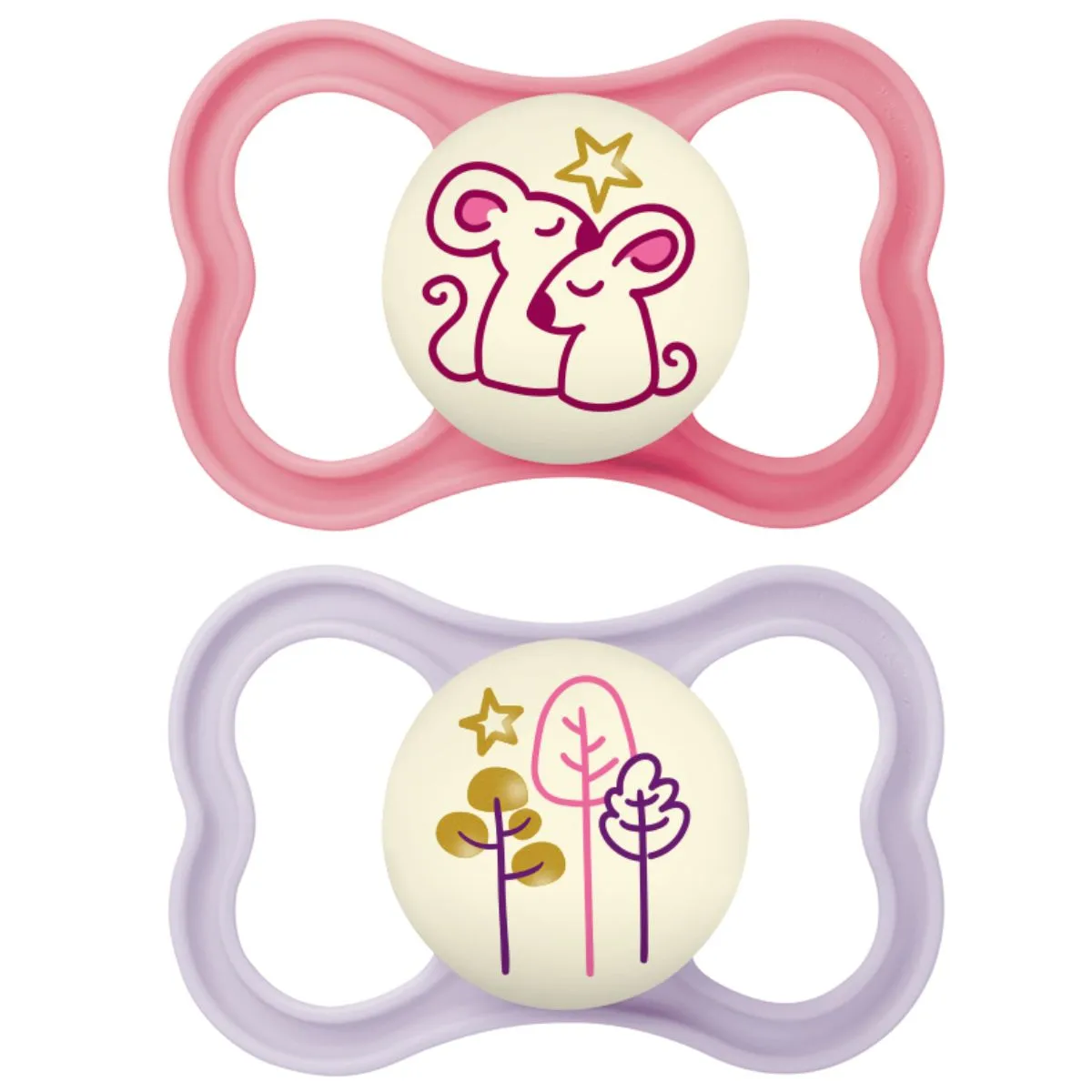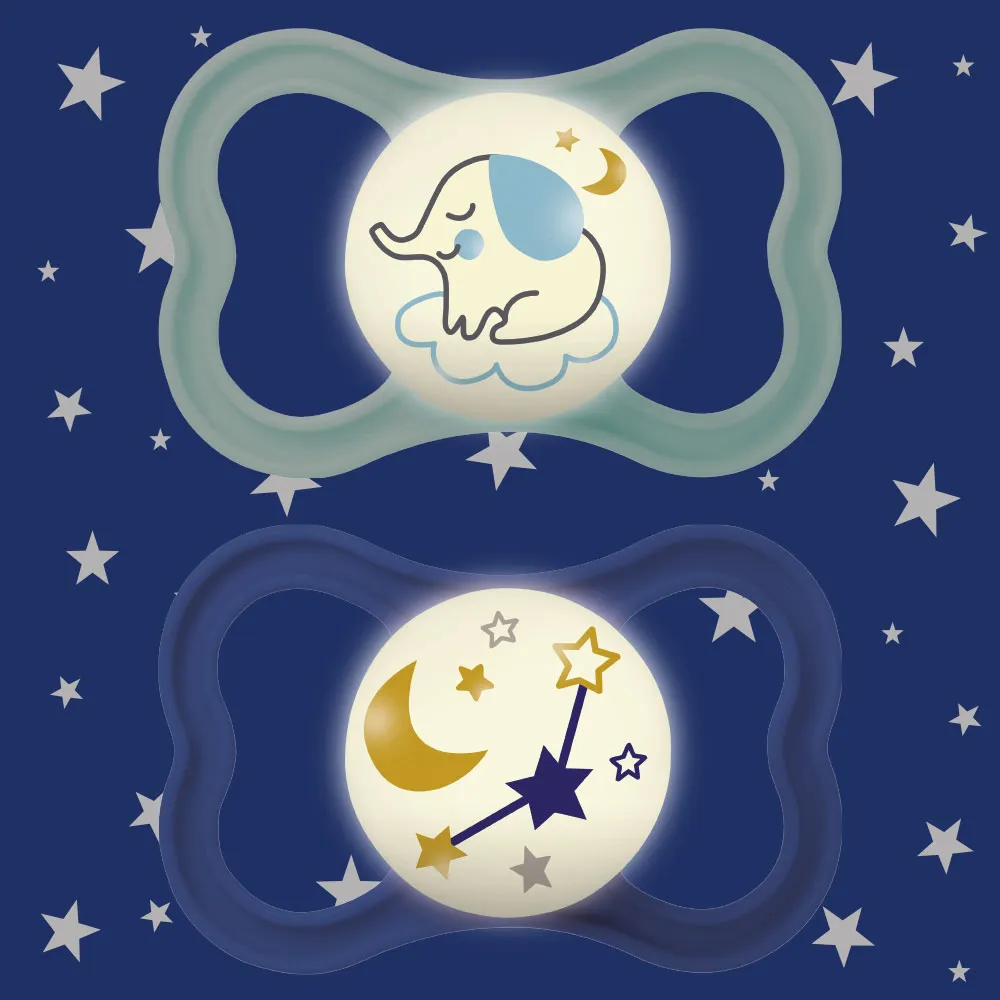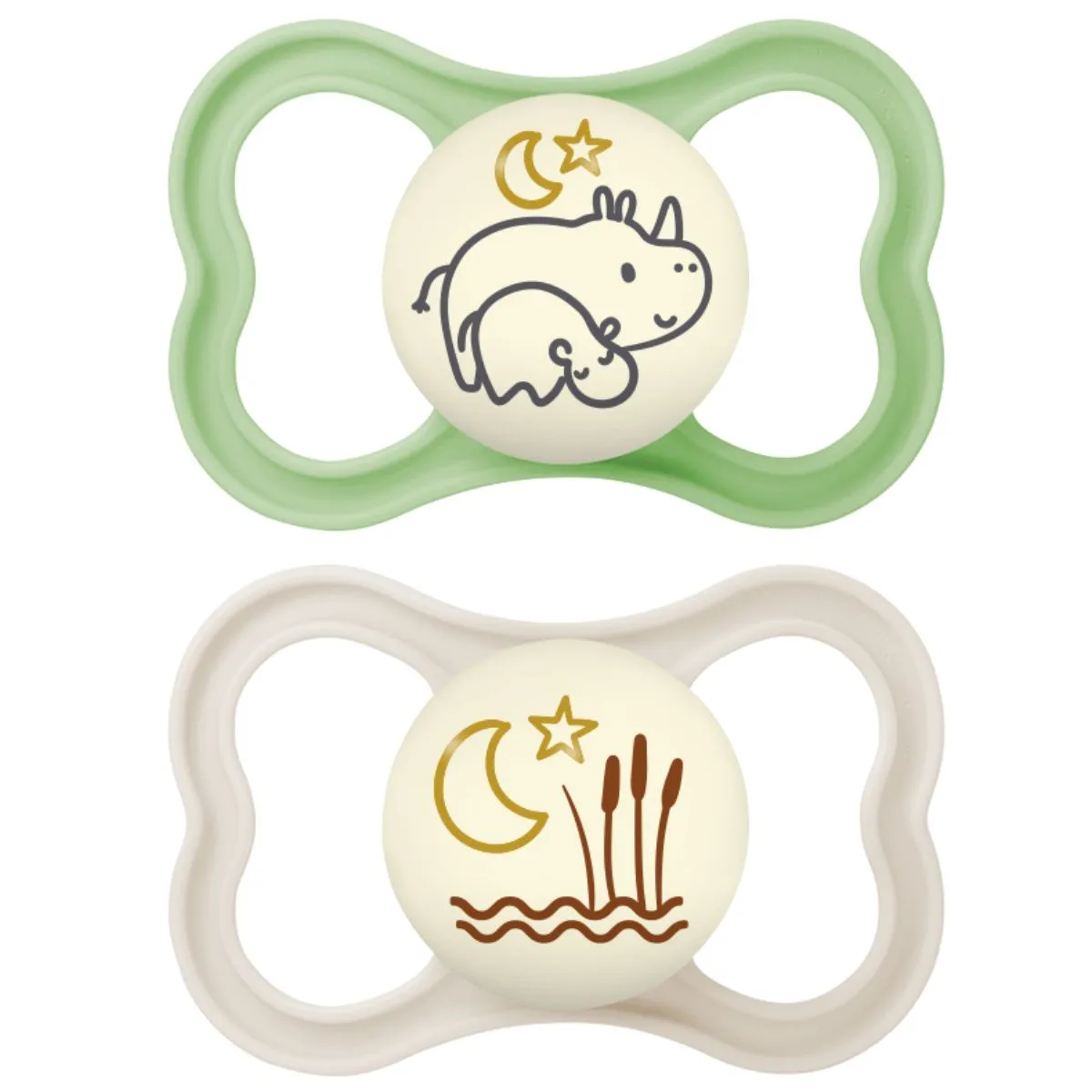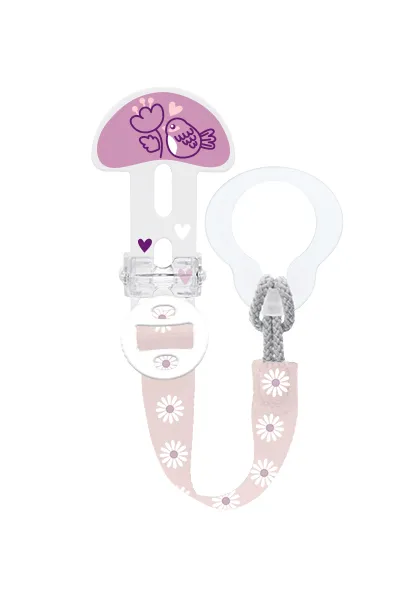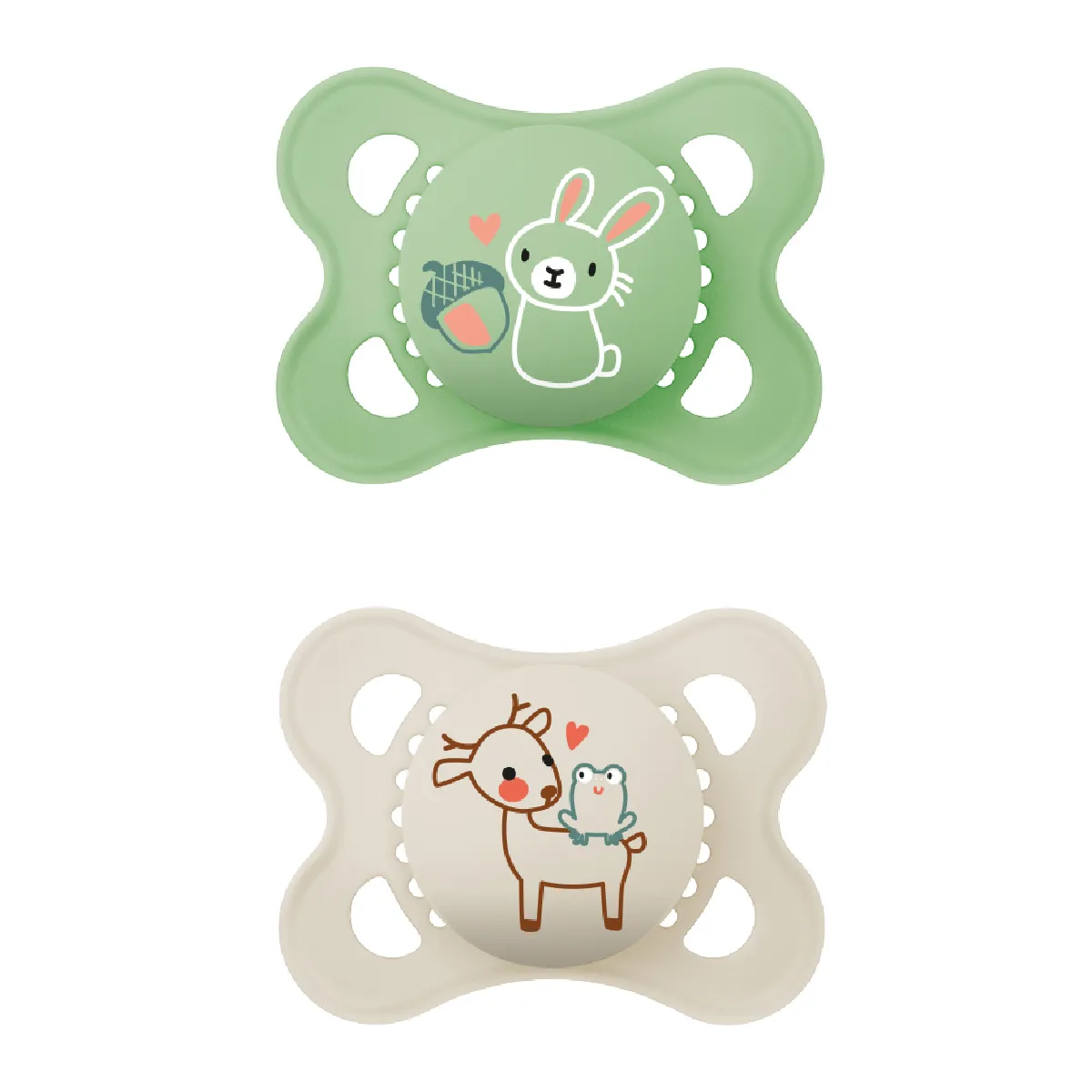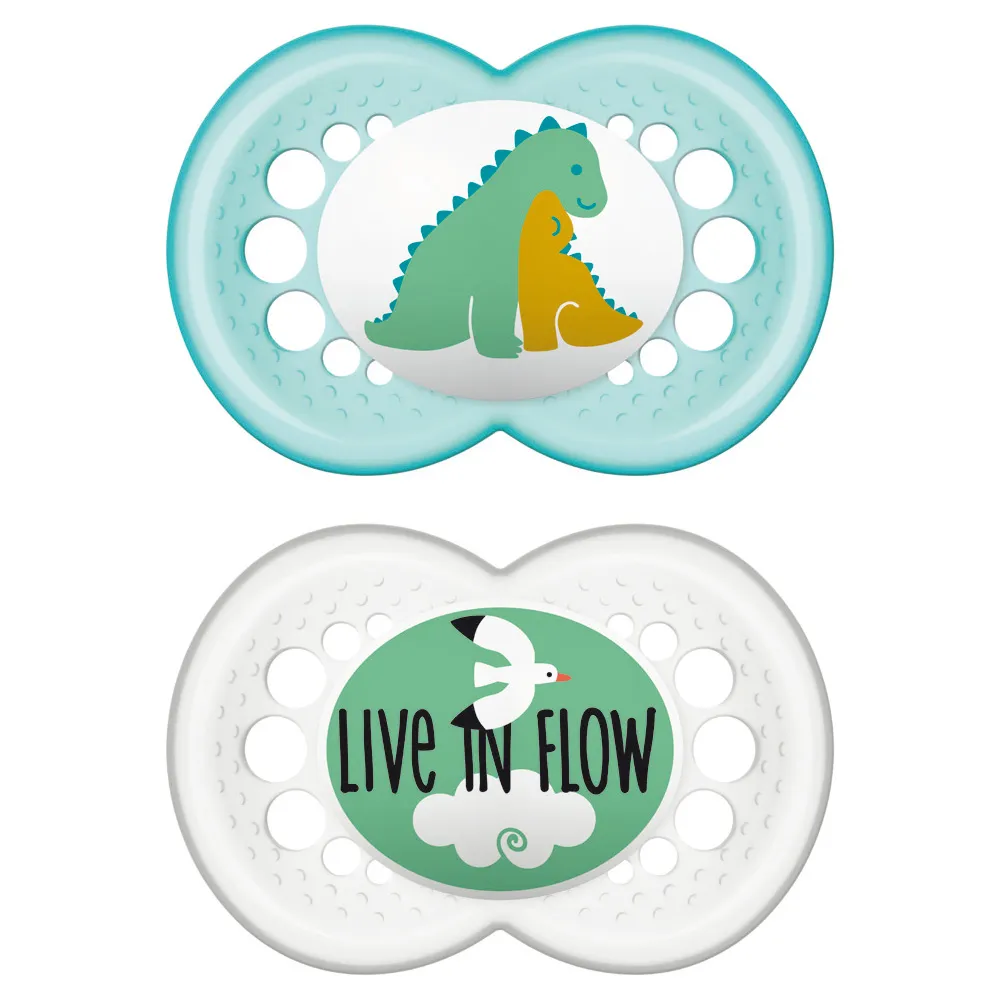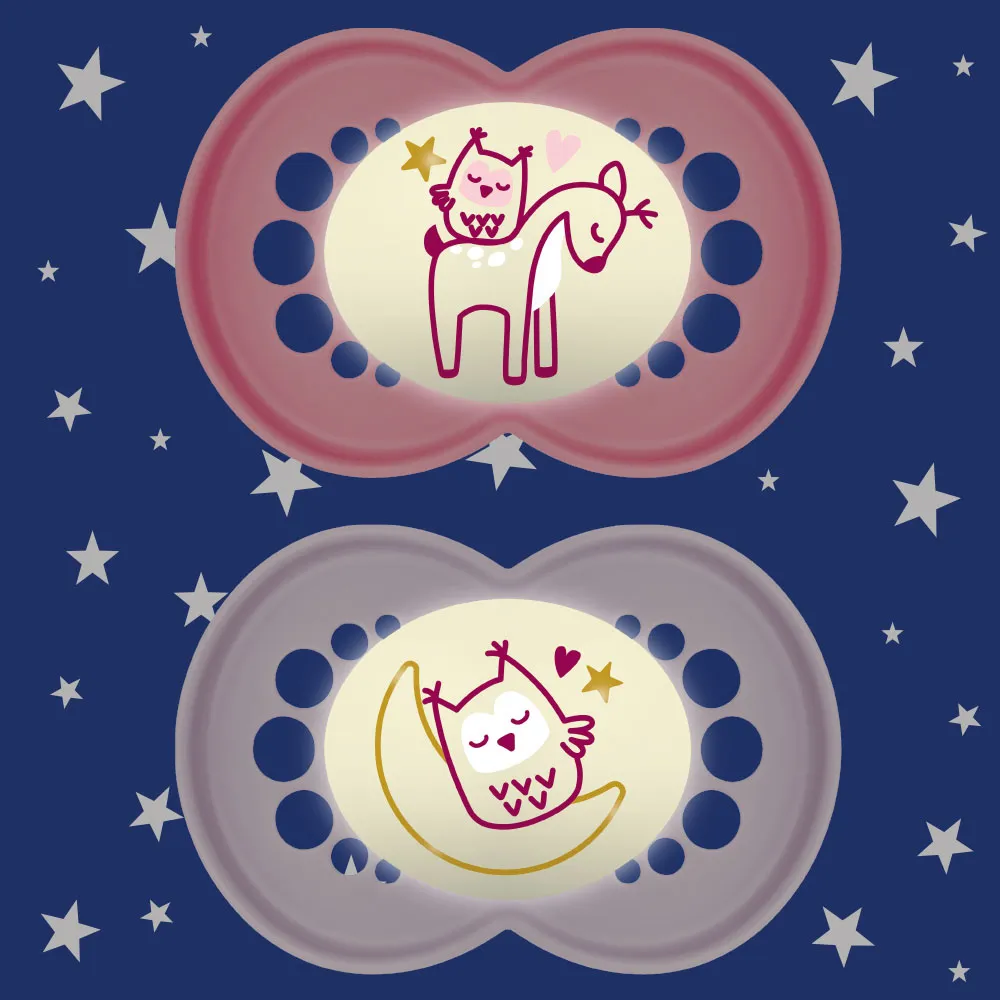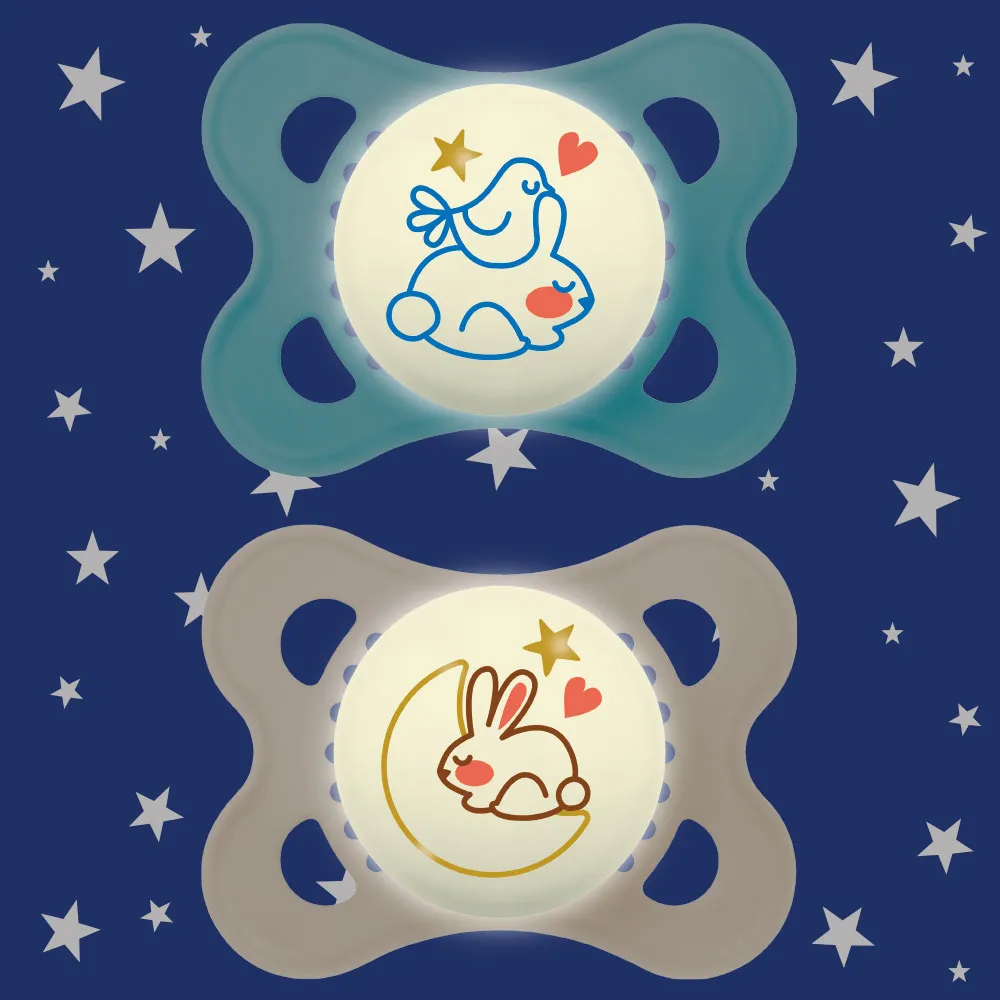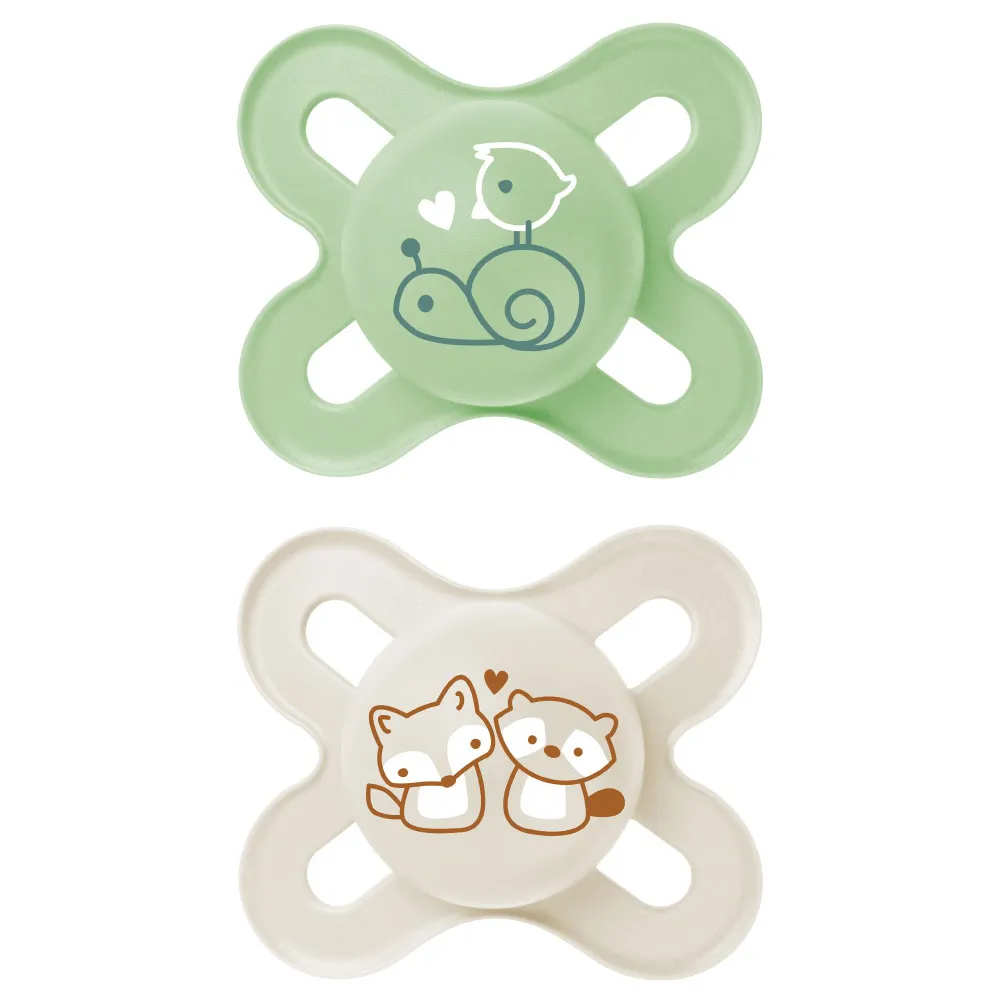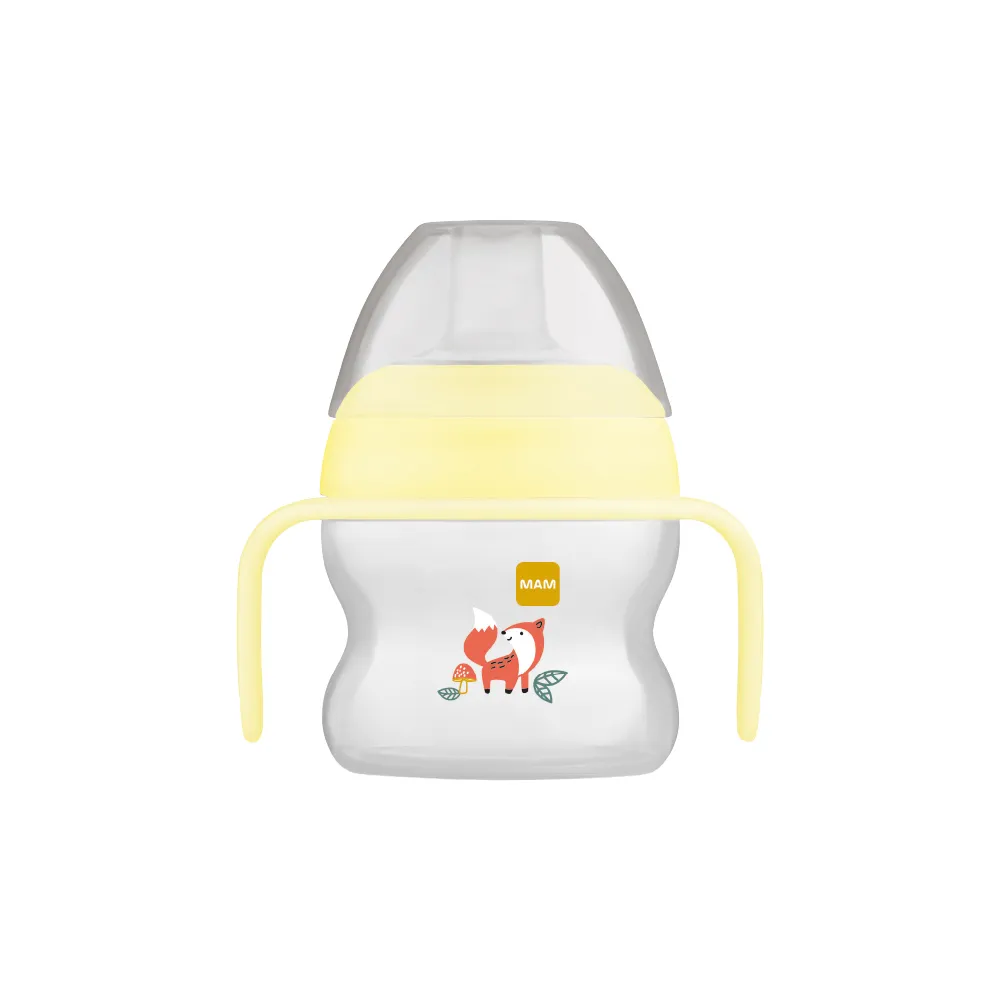
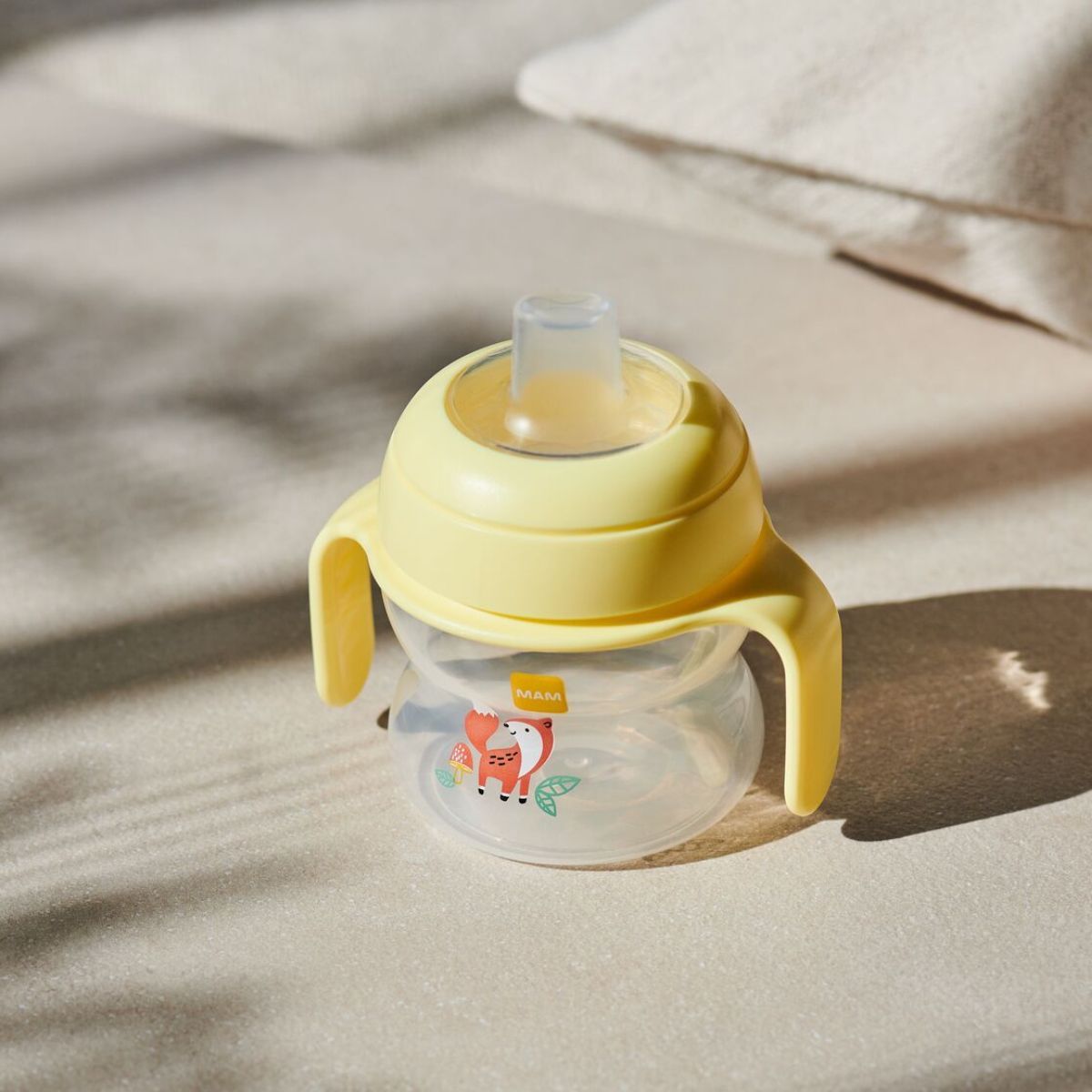
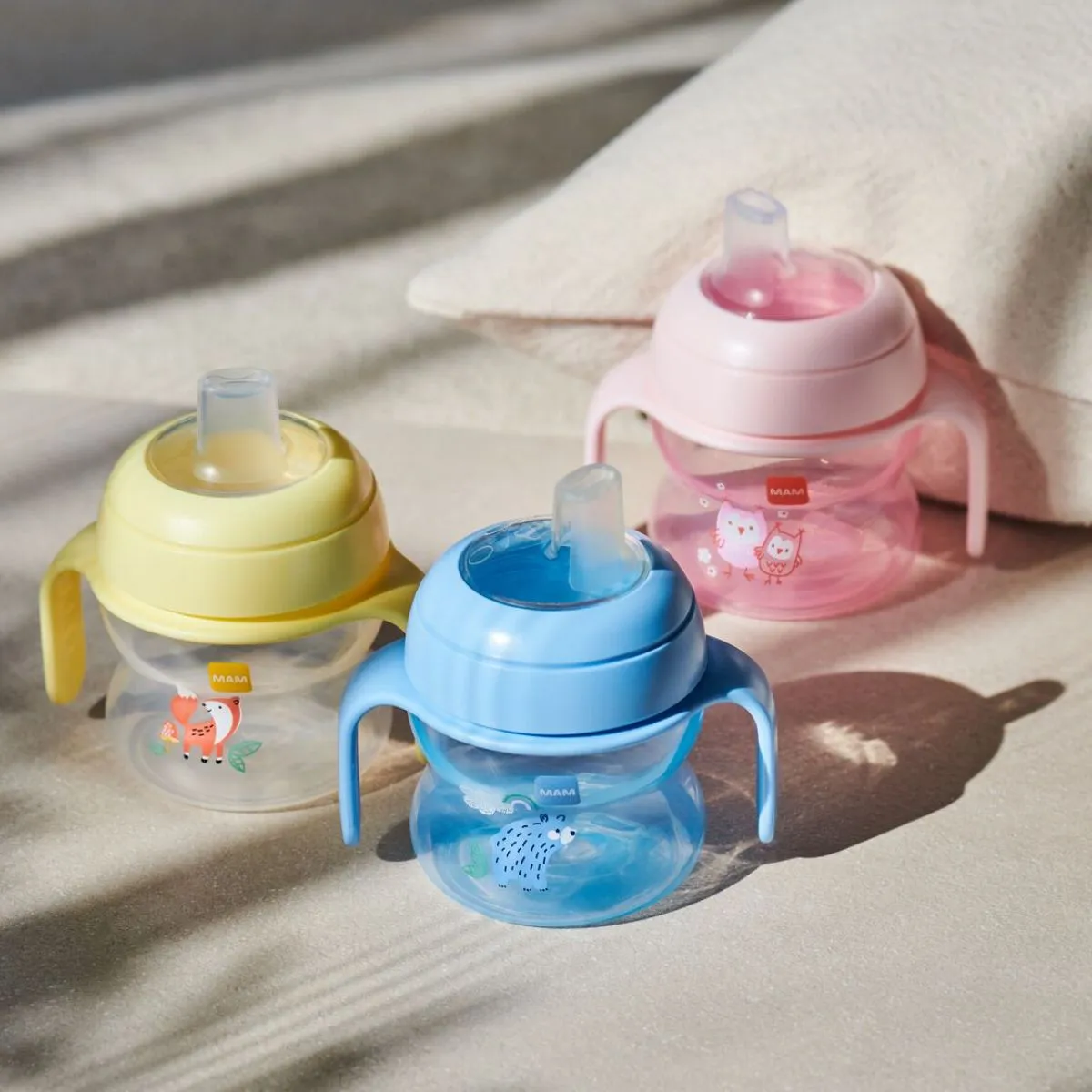
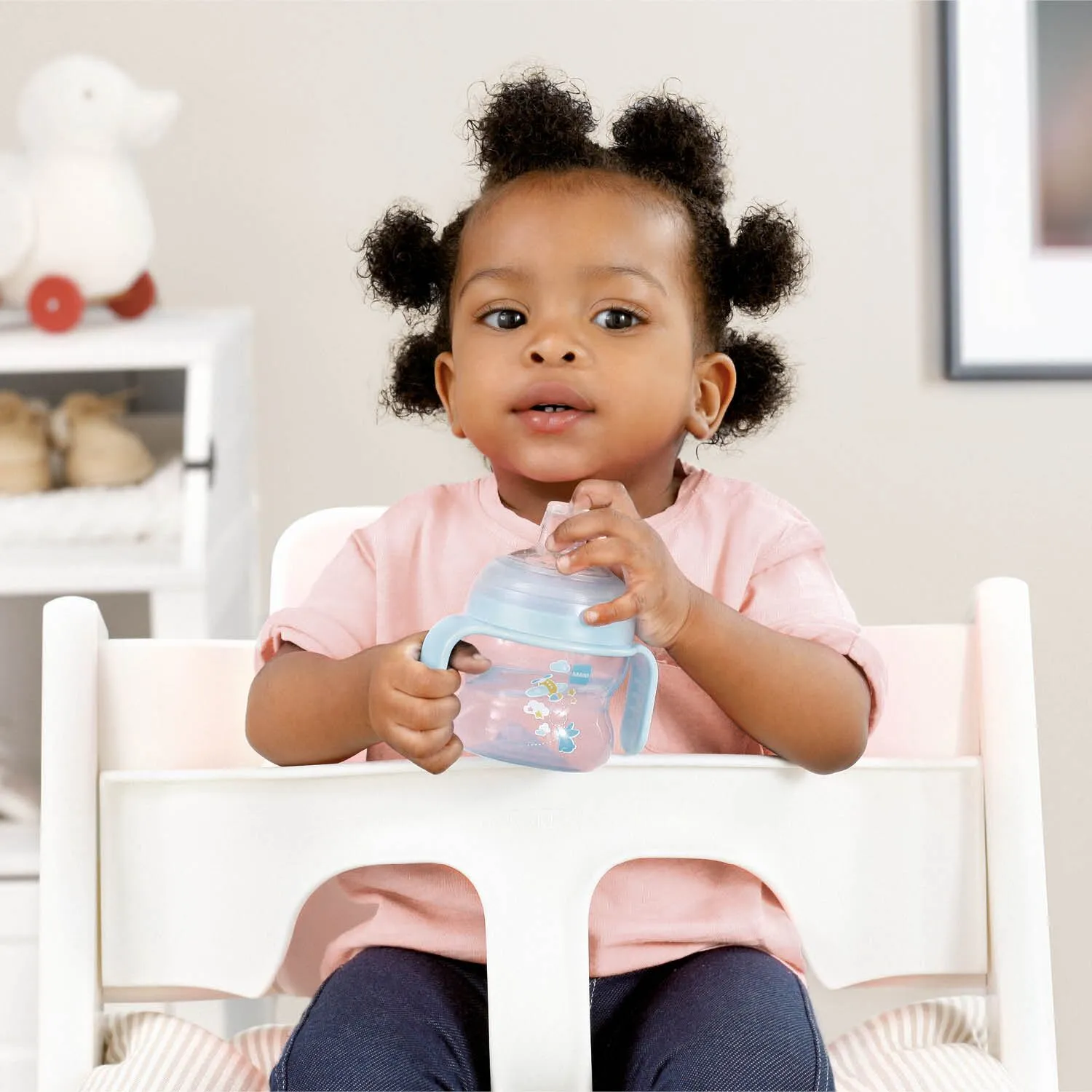












Starter Cup 150ml 4+ months
Getting started is easy. Together with developmental pedagogues, MAM designers have developed the ideal first cup for the needs of the youngest children
- 150 ml - extra light & curved - easy for babies to hold
- Anti-slip handle fits on all MAM cups
- Spout - spill-proof and extra-soft
- Babies can control the flow rate themselves
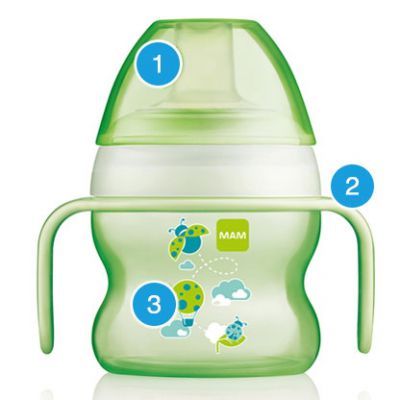
1. EXTRA SOFT SPOUT
Spill-free - fits perfectly for babies' drinking skills. Allows babies to control flow rate
2. HANDLES
Non-slip where it makes sense – on the inside! – for instant grip. Ergonomic shape easily fits little hands.
3. MAM DESIGN
Lightweight & curved waist - easy to hold for babies. Full range compatibility – all MAM cup parts are interchangeable!
The product meets the requirements of European Standard EN 14350:2020.
The cup spout and cup handles are compatible with all MAM cups.
| Age: | 4+ months |
|---|---|
| Color: | Arctic Blue, Quartz Rose, Sorbet Green |
| Product: | Starter Cup |
| Size: | 150ml |
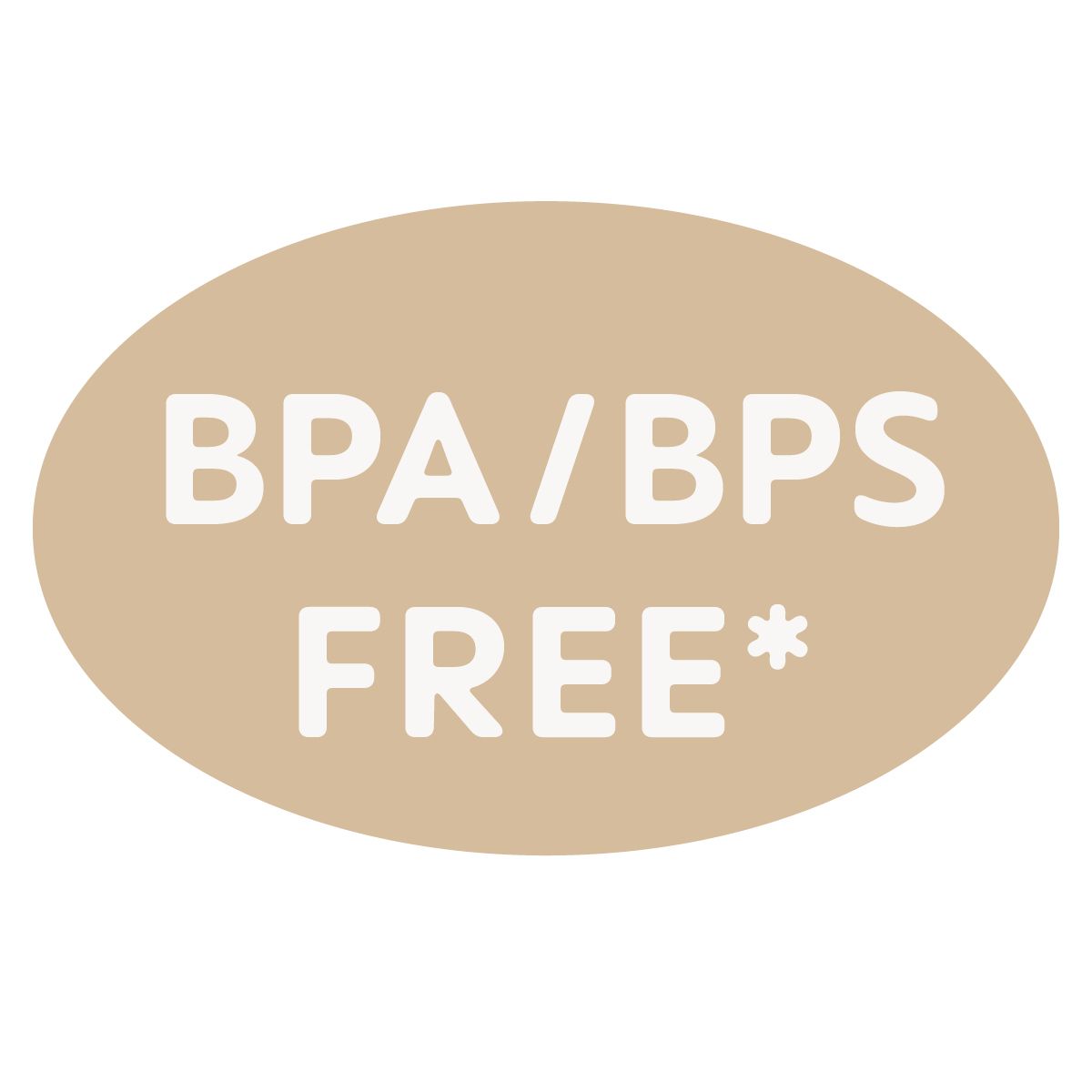
All MAM products are made from materials free of BPA and BPS
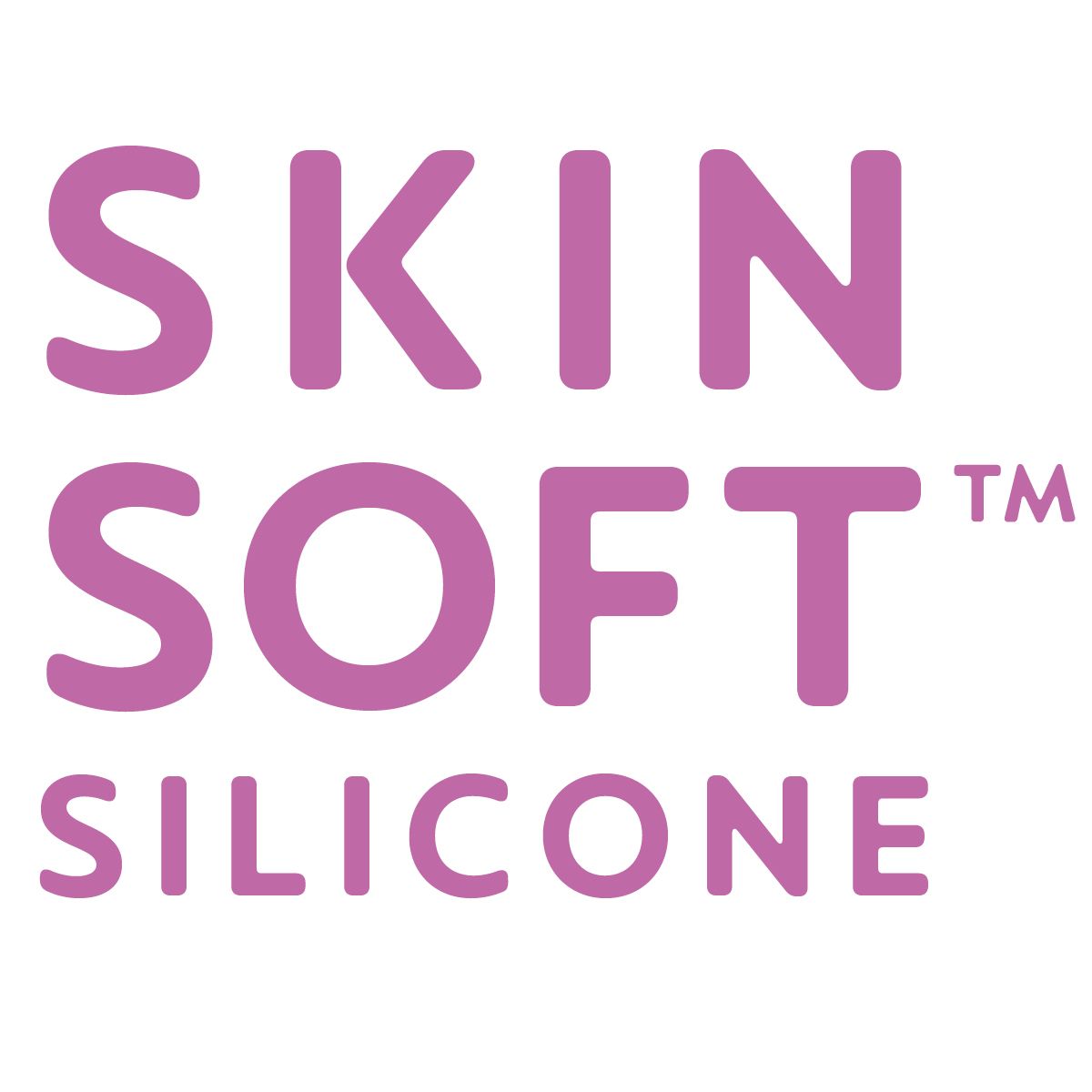
MAM SkinSoft™ Silicone: easily accepted by babies – for a familiar feeling

Extra-soft spout – ideal for baby’s first cup
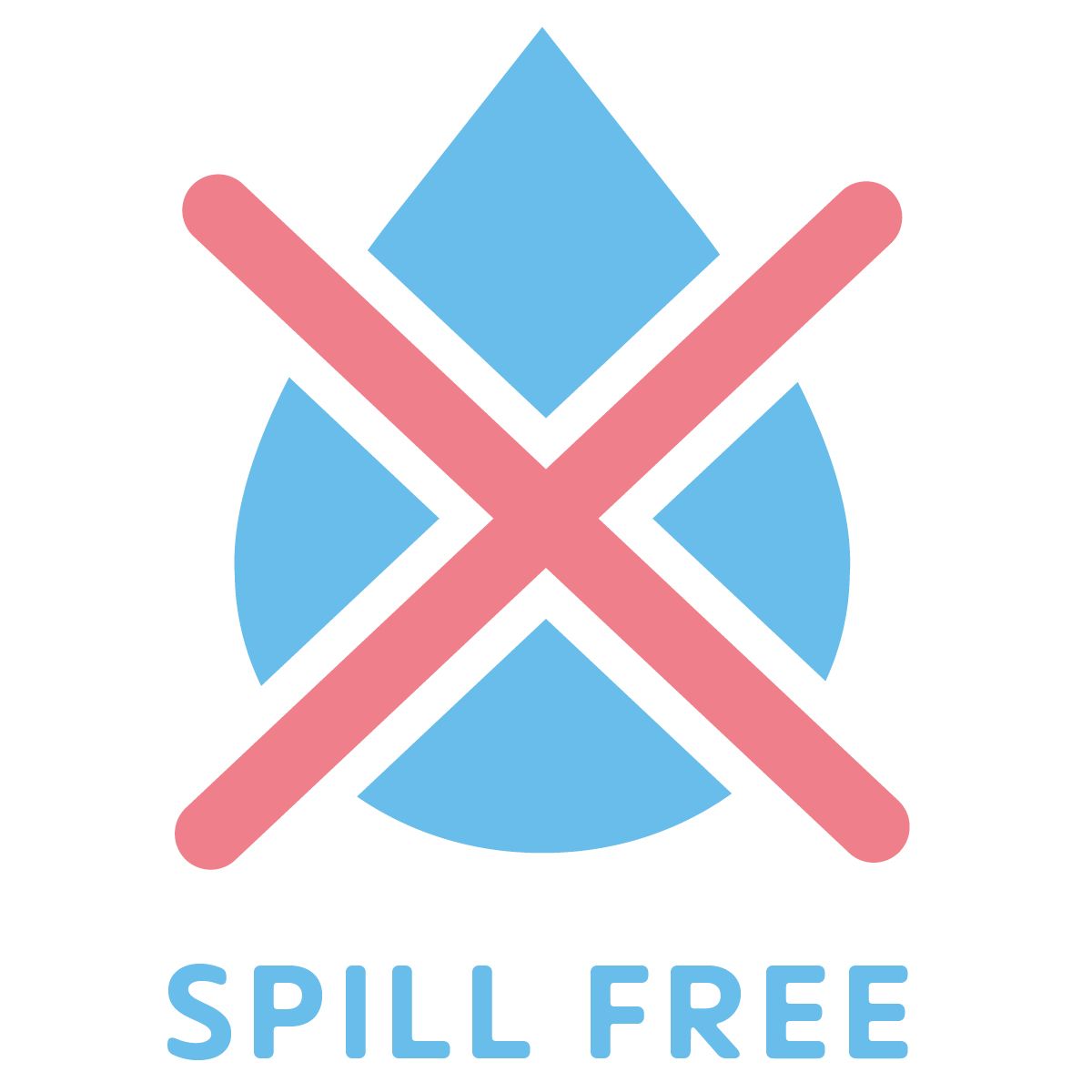
Spill-free - for a first independent feeding

For babies from 4 months
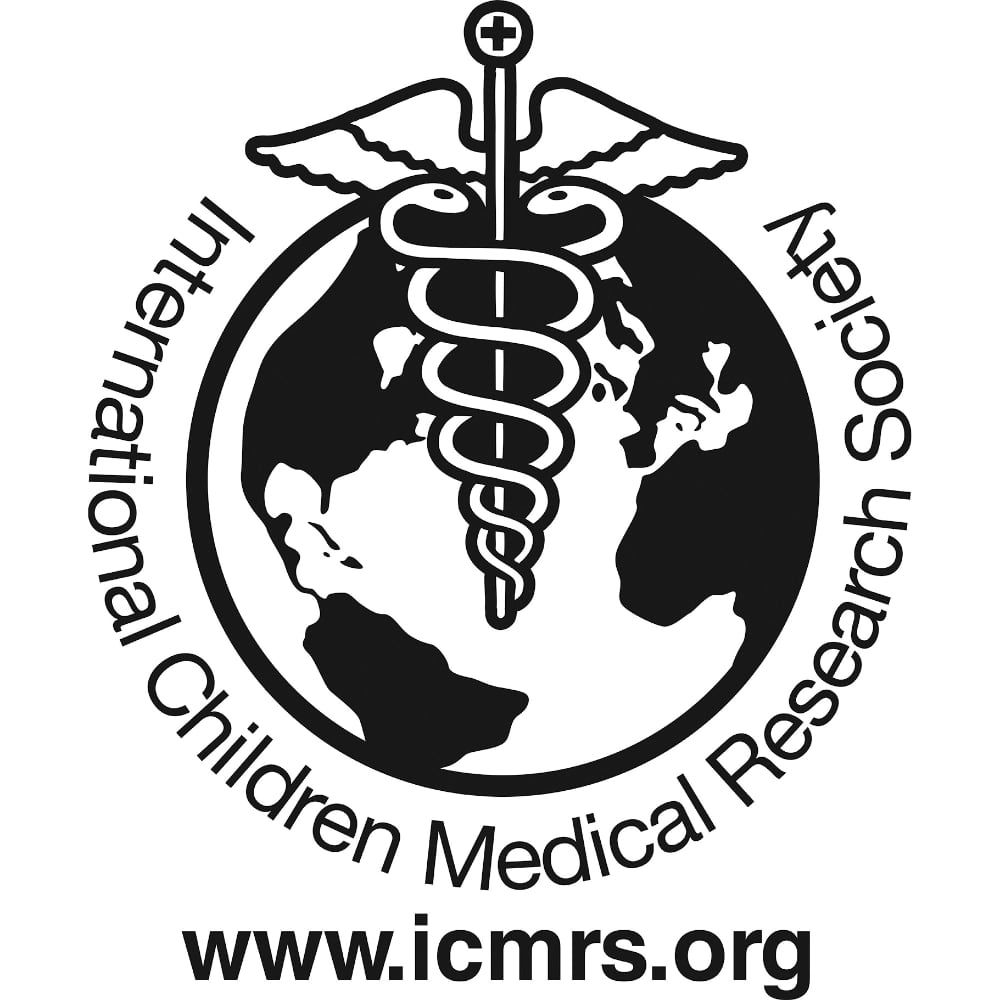
DEVELOPED WITH MEDICAL EXPERTS
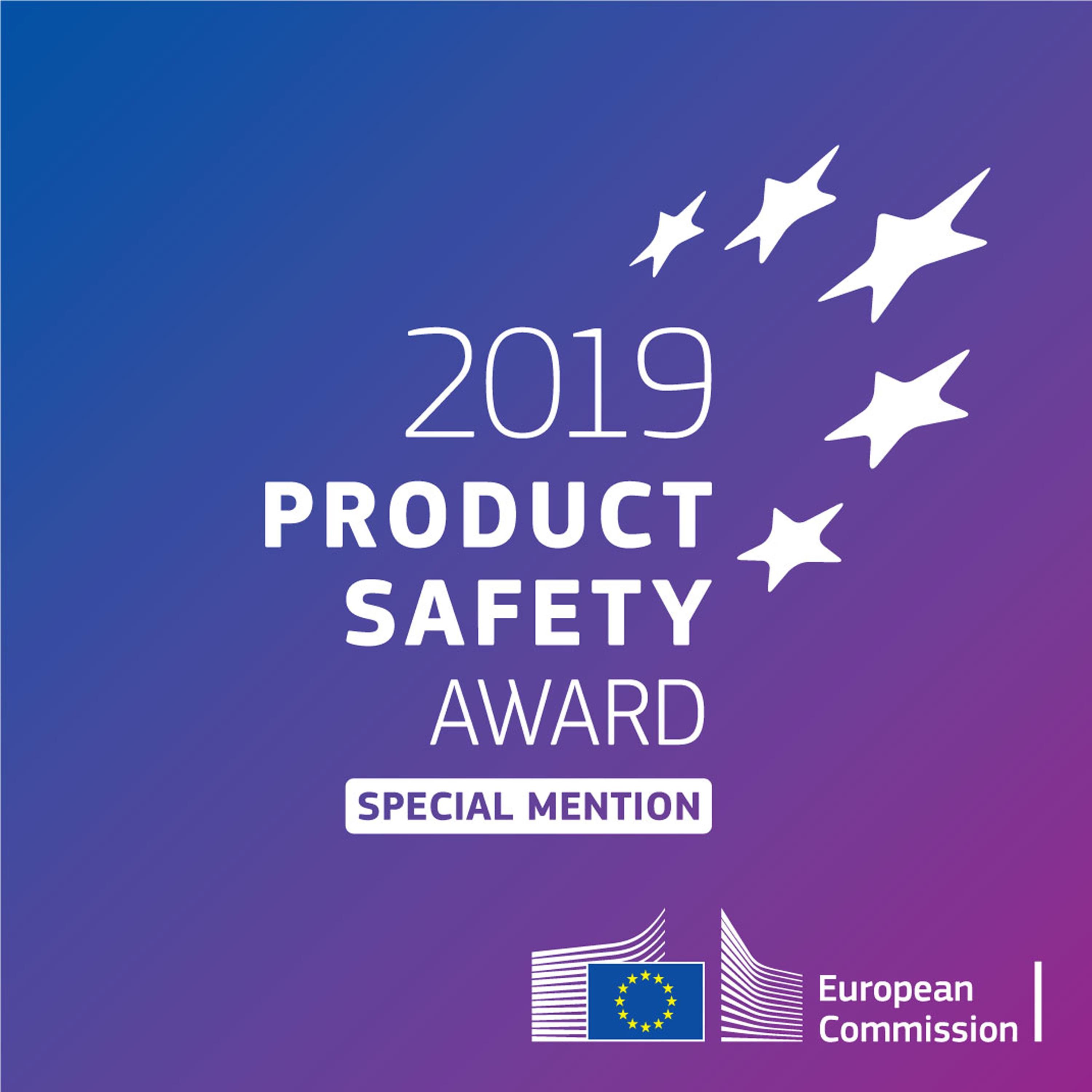
HONORED WITH THE EU PRODUCT SAFETY AWARD 2019
Four-month-old babies love drinking from a cup. The MAM Cup range provides them with the ideal support here. This will ensure that baby makes the perfect transition from breastfeeding or bottle feeding to independent drinking.
Bisphenol A (BPA) is an important component for the manufacturing of polycarbonate (PC), whereas Bisphenol S (BPS) is an organic chemical used to make polysulfone. Among other items, food packaging, plastic utensils and baby bottles are just a few examples of products made with PC, whereas the main usage of BPS is in thermal papers and inks. The problem: Trace amounts of chemical substances gradually leach out of the plastic into the food and might eventually get into the body. This can affect small children and infants in particular.
As a result of exposure to BPA, experts and studies have seen disruptions to the hormone system and brain, diabetes and heart damage as well as an increased risk of cancer. Although scientific evidence is not yet conclusive, the European Commission - based on the precautionary principle - has banned the usage of BPA in baby bottles in order to protect the health and safety of babies and small children.
RECOMMENDED MAM PRODUCTS FOR YOU
